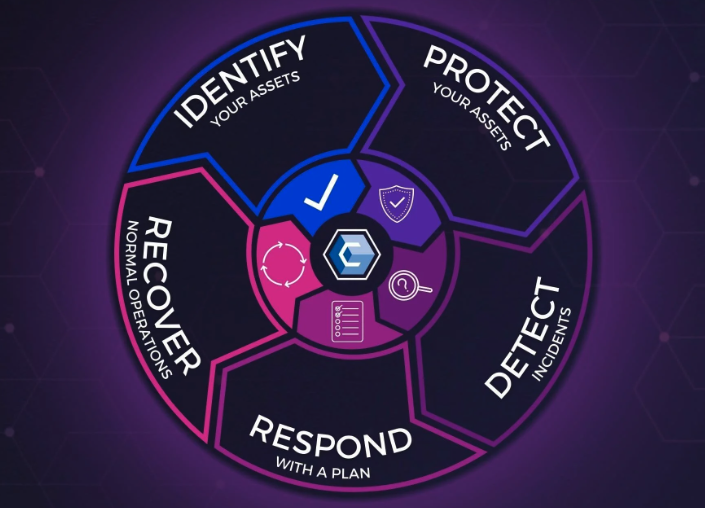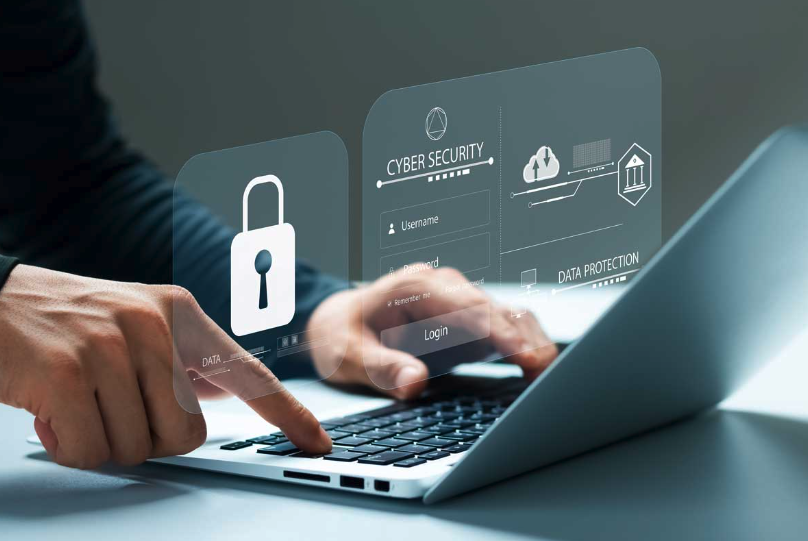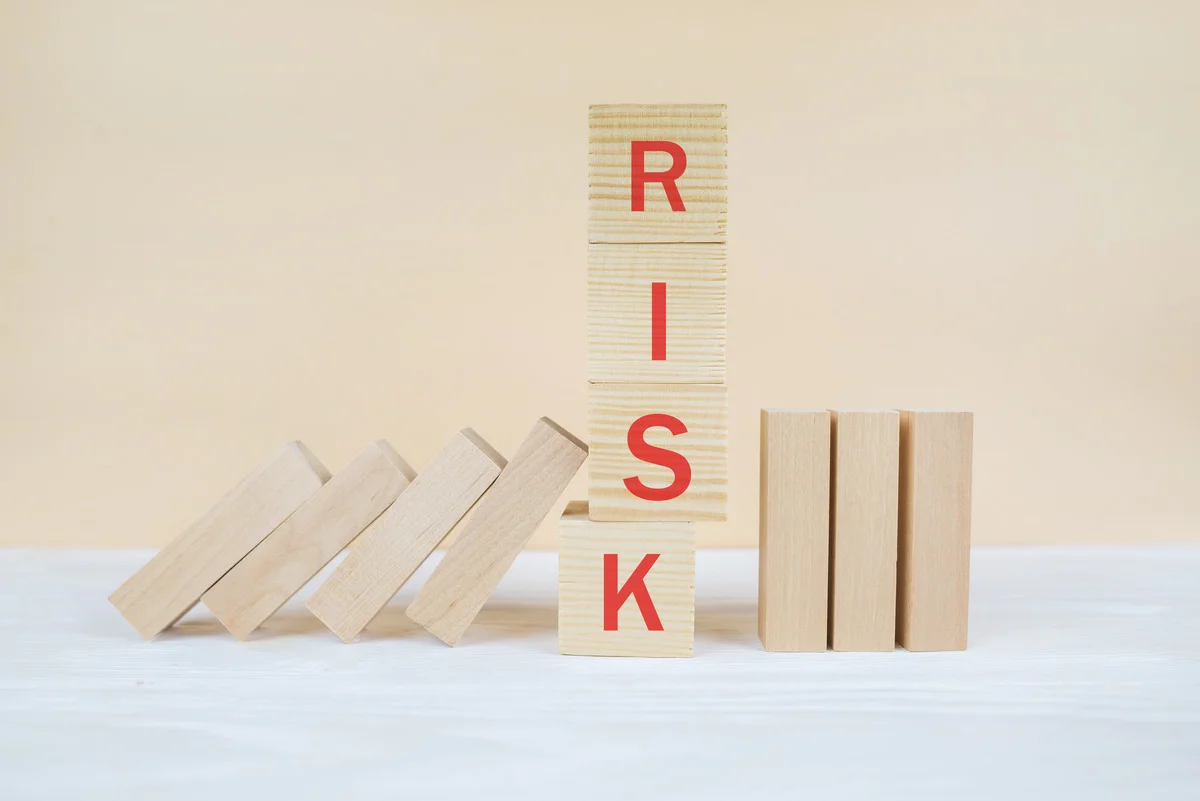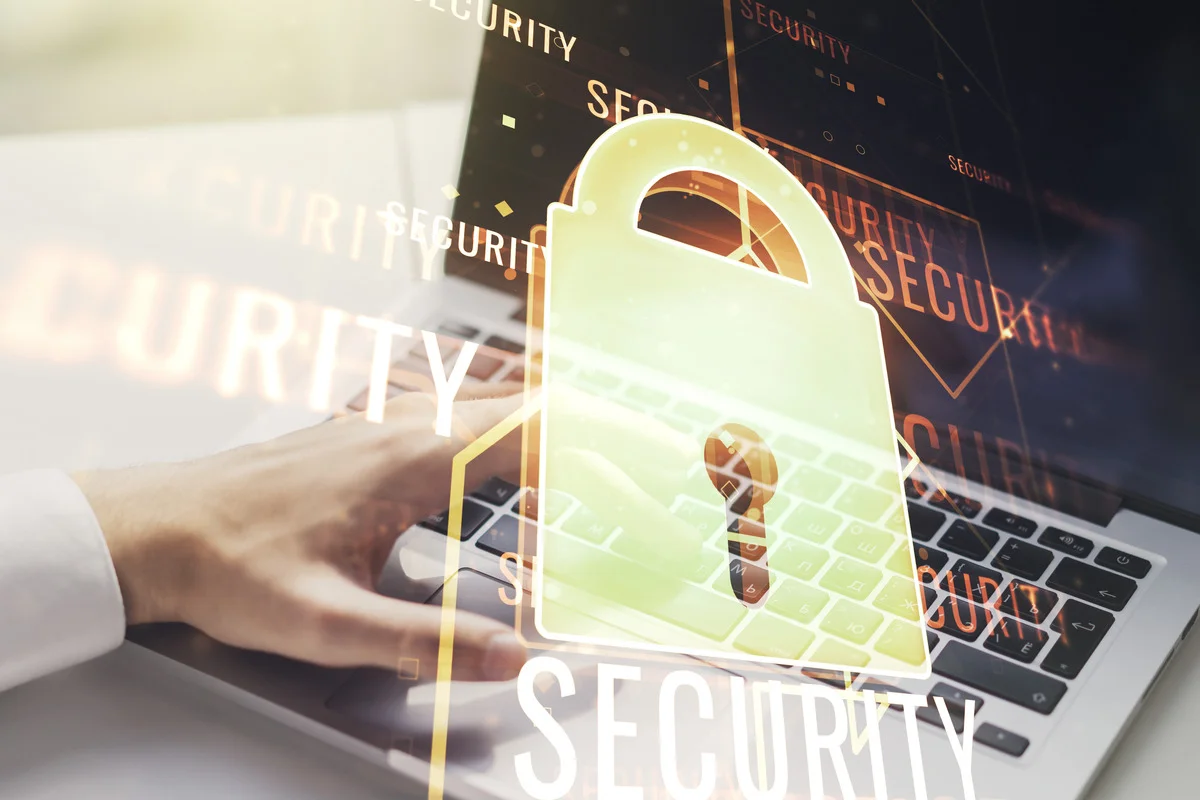Cyber threats are not something we can simply ignore and hope they go away. This is the reason why everyone, even small businesses, should know about cyber security. Of course, we now know that cyber attacks on small businesses are on the rise. What will happen next? How can small businesses keep themselves safe?
Small businesses can get help in a lot of different ways. This article will help you deal with the most important security risks of 2024. Our security checklist will include important areas to worry about and practical steps to take to deal with them.
Why Cybersecurity is Important for Small Businesses
A lot of small company owners undervalue the importance of their data. Financial records, intellectual property, and customer information are all examples of vital assets that, in the event of a breach, could bankrupt your company. Cyber criminals actively pursue smaller businesses because they may not have as sophisticated security measures in place. The following sobering statistics emphasise how crucial it is to act:
- 82% of ransomware attacks target small to midsize businesses.
- A cyberattack, on average, costs businesses of all sizes $200,000.
- This high cost leads to roughly 60% of small businesses folding within 6 months of a cyberattack.
Investing in cybersecurity is a critical investment in your company’s future, not just an expense. Effective security procedures can help you protect sensitive data, maintain business continuity, and gain customer trust. That is why you should be aware of the various types of cyber attacks.
If you want to learn more about cyber attacks, check out other Nexa Lab blog posts on the various types of cyber attacks that can occur.
But, where should you begin implementing cybersecurity? We understand that small businesses do not have the luxury of dedicated IT departments or big budgets. Thankfully, the Australian Cyber Security Centre has provided several cyber security checklists for small businesses.
5 Cybersecurity for Small Businesses Checklist
Protecting your small business from cyber threats does not always require dedicated IT departments. You can start small. This checklist serves as a reminder for your daily cybersecurity practices, such as securing accounts, protecting devices and information, preparing and training employees, implementing two-factor authentication, and backing up data. Let’s examine every part of it in detail.
1. Securing Accounts
Securing user accounts is a fundamental aspect of cybersecurity. It is critical to update and strengthen passwords on a regular basis, implement multi-factor authentication (MFA), and conduct periodic audits of user accounts. Deactivating unused or unnecessary accounts reduces potential vulnerabilities.
For example, a company might have an employee who leaves the organisation, but their account remains active. If an attacker gains access to this abandoned account, they could potentially infiltrate the company’s network and compromise sensitive information. Regularly deactivating such accounts minimises the risk of unauthorised access and strengthens overall cybersecurity measures.
2. Protecting Devices and Information
Updating all software, including antivirus programs, is critical for maintaining a secure environment. Encrypting sensitive data provides an additional layer of protection against unauthorised access. Installing firewalls and antivirus software on all devices connected to the business network is critical for a strong defence against cyber threats.
Additionally, implementing strong password policies and encouraging employees to use unique and complex passwords can help prevent unauthorized access to devices and sensitive information.
Regularly educating employees about the importance of cybersecurity and providing training on how to identify and respond to potential threats can also significantly enhance the overall security posture of the company. By adopting these measures, businesses can effectively safeguard their network, devices, and valuable information from cyber attacks.
3. Prepare and train your team.
The first line of defence against cyberattacks is your own team. A cybersecurity training program guarantees that employees are prepared to recognise and address possible risks. Frequent exercises and role-plays enhance readiness, and it is essential to cultivate a cybersecurity-aware culture within the company.
For example, a company could conduct regular phishing simulations to train employees on how to identify and respond to suspicious emails. These simulations would involve sending fake phishing emails to employees and tracking their responses. The business can determine any knowledge gaps or areas in which more training is required by analysing the results.
In order to make sure staff members are educated about the most recent cybersecurity threats and best practices, the organisation should also offer them resources and ongoing cybersecurity education, such as online courses or workshops.
Finally, remember to practice what you’ve learned to reinforce your knowledge and skills. As small business owners, you should set an example for your teams and make cybersecurity practices a company culture.

4. Authentications with Two Factors
Using two-factor authentication (2FA) makes security a lot better. Two-factor authentication adds an extra layer of security to all accounts and apps that need it. Teaching employees how important it is to use two-factor authentication (2FA) on their personal accounts can help stop security breaches.
Two-factor authentication (2FA) is a security measure that adds an extra layer of protection to accounts and applications. It requires users to provide two forms of identification before accessing their accounts, typically a password and a unique code sent to their mobile device.
For example, a company could implement two-factor authentication for their employees’ email accounts. This would require employees to enter their password as the first form of identification and then enter a unique code sent to their mobile device as the second form of identification.
This added layer of security can prevent unauthorised access to sensitive company information, even if an employee’s password is compromised. Additionally, teaching employees about the importance of using two-factor authentication on their personal accounts can help prevent security breaches that could potentially impact the company’s
5. Backup data
A proactive way to avoid data loss is to regularly back up important business data to safe locations off-site. Testing how to restore data makes sure that you can get back to normal quickly after a cyberattack. Having a thorough disaster recovery plan in place cuts down on downtime and keeps business running.
Implementing regular data backups is important in order to protect sensitive company information, even if an employee’s password is compromised. Backup data not only safeguards against data loss but also allows for quick restoration and recovery after a cyberattack, reducing downtime and ensuring uninterrupted business operations.
Let’s say you have a website for your small business. As a safety measure, you should keep a copy of your website’s files. Always make copies of what you write, your graphics, or video assets on your website. You can keep written things on your computer or in Google Docs. For pictures and videos, you need to prepare separate hard drives since they usually have a larger file size.
How can Nexa Lab help?
We at Nexa Lab understand the unique challenges that small businesses face. While cybersecurity is not a simple matter to address, we offer comprehensive solutions tailored to meet your specific needs. Our tailored cybersecurity solutions are designed to meet the unique needs of small businesses.
Nexa Lab’s security hardening services help small businesses strengthen their defences and minimise vulnerabilities, with services such as:
- Vulnerability Assessment: We conduct thorough assessments to identify vulnerabilities within your systems and application infrastructure. This includes code reviews, penetration testing, and comprehensive security audits.
- Application Security Enhancement: Our experts focus on securing applications through code reviews, secure coding practices, and the implementation of security controls. This includes protection against common vulnerabilities like SQL injection, cross-site scripting (XSS), and more.
- Incident Response Planning: We assist in developing incident response plans that outline the steps to be taken in the event of a security incident. This ensures a coordinated and effective response to minimise damage.
- Customised Security Strategies: We develop tailored security strategies based on your specific business requirements, industry regulations, and threat landscape. Our approach ensures that security measures are aligned with your unique needs.
- Access Control and Authentication: We establish strict access controls and multi-factor authentication mechanisms to ensure that only authorised personnel have access to critical systems and data.
- Security Awareness Training: We provide training programs to educate your staff on security best practices, phishing awareness, and social engineering prevention, empowering them to be active participants in your security posture.
You can also learn more about the various types of cyber security services by reading our article.
Conclusion
Finally, it’s impossible to say enough about how important cyber security is for small businesses in 2024. For protecting sensitive information, stopping cyberattacks, and making sure business operations don’t stop, you need to use a proactive cyber security checklist.
Small businesses can significantly reduce their susceptibility to cyber threats and concentrate on thriving in the digital age by implementing the aforementioned measures and teaming up with cybersecurity professionals such as Nexa Lab.




